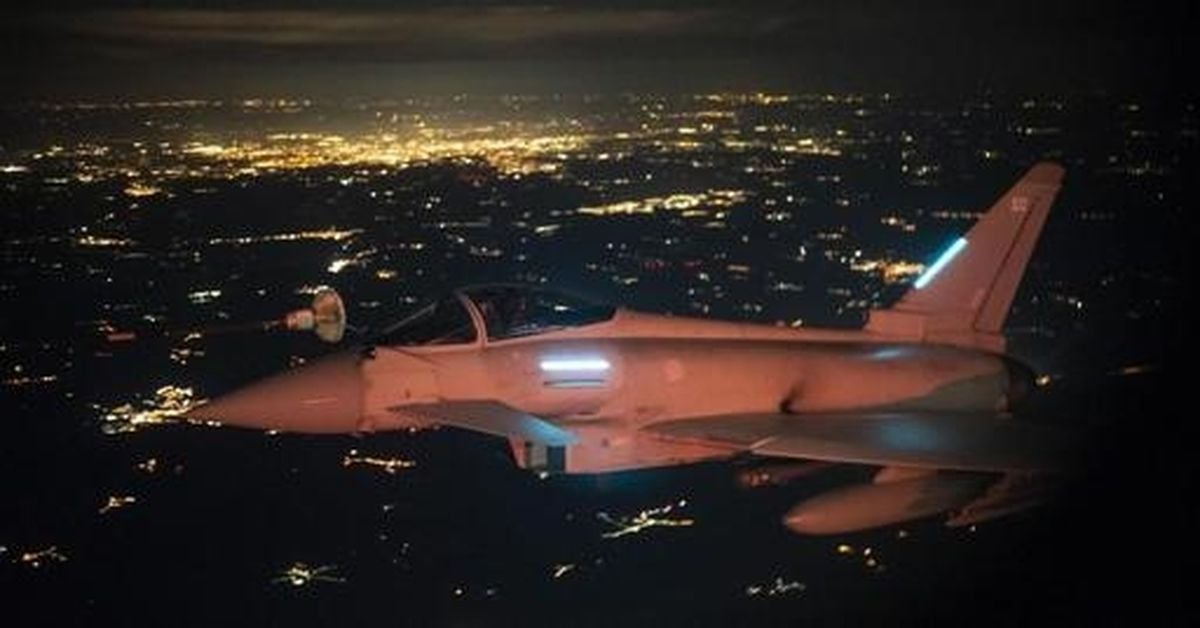UN Security Council Rejects Delay of Iran Sanctions: Tensions Rise
The UN Security Council has rejected a last-ditch effort by Russia and China to delay the reimposition of sanctions on Iran over its nuclear program. This decision, made on Friday, came just a day before the deadline and intensifies the already heightened tensions between Iran and the West.
The Vote and Its Implications
The resolution proposed by Russia and China, Iran’s closest allies on the 15-member council, failed to garner the necessary support to halt the series of UN sanctions from taking effect. The vote was 4-9 with two abstentions. The reinstatement of these sanctions, triggered by Britain, France, and Germany, will freeze Iranian assets abroad, halt arms deals with Tehran, and penalize the development of Iran’s ballistic missile program, further squeezing the country’s economy.
Reactions to the Decision
Dmitry Polyanskiy, the deputy Russian ambassador to the UN, expressed his disappointment, stating, "We had hoped that European colleagues and the U.S. would think twice, and they would opt for the path of diplomacy and dialogue instead of their clumsy blackmail." Iranian President Masoud Pezeshkian called the decision "unfair, unjust and illegal." Foreign Minister Abbas Araghchi added, “The U.S has betrayed diplomacy, but it is the E3 which have buried it.”
Iran's Response and the Nuclear Nonproliferation Treaty
Despite previous threats to withdraw from the Nuclear Nonproliferation Treaty, Pezeshkian stated that Iran currently has no intention of doing so, unlike North Korea, which abandoned the treaty in 2003 and subsequently developed atomic weapons. However, he also remarked that the "wall of mistrust" between Tehran and Washington is "quite high."
European Perspective and the "Snapback" Mechanism
European leaders triggered the "snapback" mechanism after accusing Tehran of failing to comply with the 2015 nuclear deal. Despite efforts to strike a last-minute deal, talks appeared futile. A European diplomat noted that negotiations "did not produce any new developments, any new results," leading to the expectation that the snapback procedure would continue as planned.
Conditions for Easing Sanctions
European nations have indicated they would be willing to extend the deadline if Iran complies with a series of conditions, including resuming direct negotiations with the U.S., allowing UN nuclear inspectors access to its nuclear sites, and accounting for the more than 880 pounds of highly enriched uranium the UN watchdog says it possesses.
Nuclear Inspections and Uranium Enrichment
Despite concerns, a diplomat close to the IAEA confirmed that inspectors are currently in Iran inspecting a second undamaged site. Iran remains the only nation without nuclear weapons programs that enriches uranium up to 60%, a short step from weapons-grade levels. Iran also recalled its ambassadors to Britain, France and Germany as the sanctions loomed.
Details of the Sanctions
The punitive measures include a conventional arms embargo, restrictions on activities related to ballistic missiles, a ban on reprocessing and enrichment of uranium, a global asset freeze, and travel bans on Iranian individuals and entities. Barbara Woodward, Britain's ambassador to the UN, said that "UN sanctions, targeting Iranian proliferation, will be reimposed this weekend."
The Future of Diplomacy
While Araghchi left the door open to further talks, stating that "diplomacy never dies," the reimposition of sanctions casts a shadow over future negotiations. The new penalties will come on top of existing sanctions, further crippling Iran's economy, and the long-term impact remains uncertain.
 Visit the website
Visit the website





